No, fruit can permanently enlarge the penis — but these 7 fruits can help erections and stamina
By: VitalWell Hub — Updated: Sep 22, 2025
Short version: Penis size is set primarily by genetics and puberty. No food permanently increases structural size. However, several fruits contain nutrients that support blood flow, nitric oxide signalling, hormone balance and cardiovascular health — and those effects can noticeably improve erection quality, stamina, and sexual confidence.
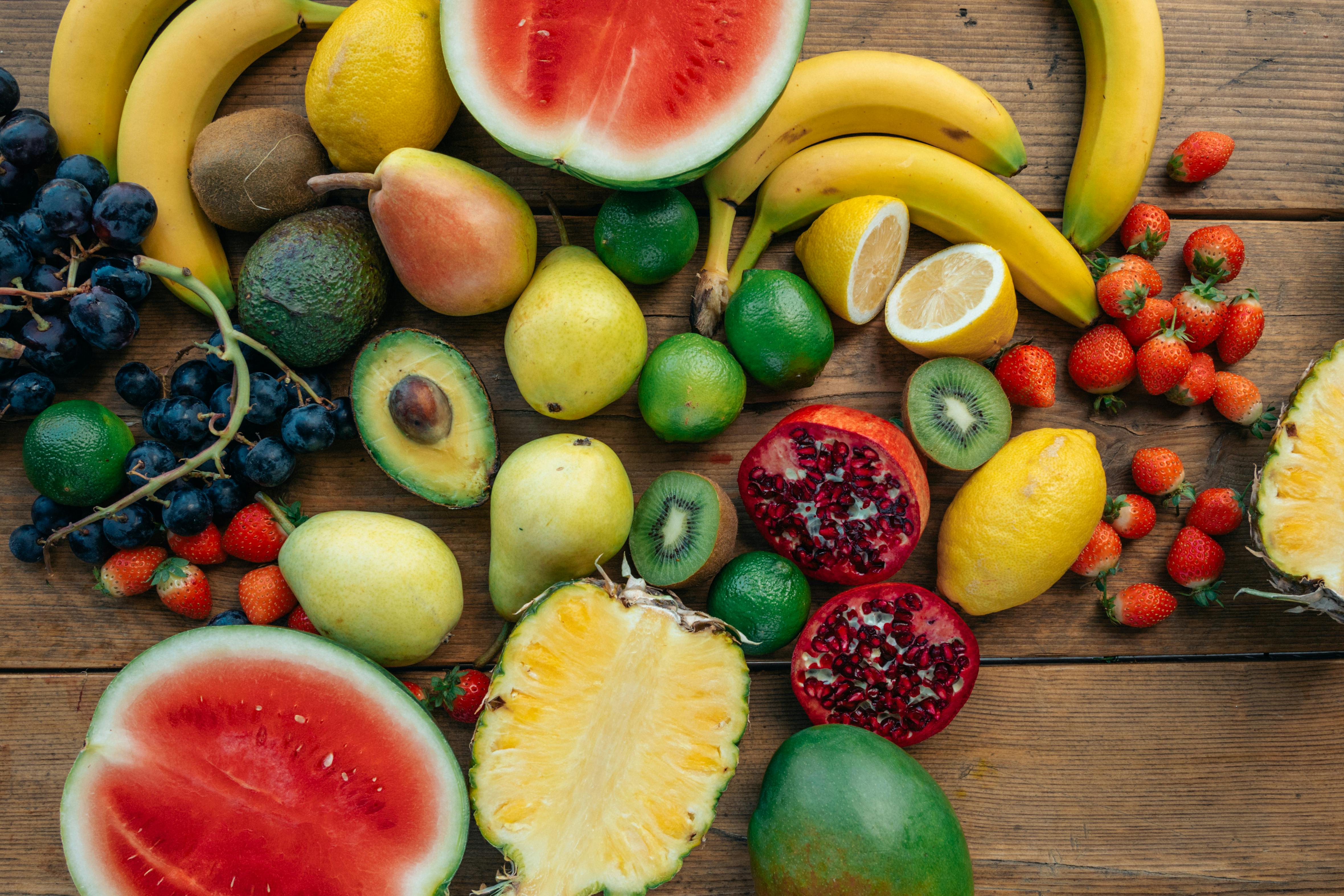
Myth vs fact: what food can and cannot do
Let's start with clarity. The durable myth circulating online claims that certain fruits or foods will permanently enlarge the penis. That is not supported by biology. Adult genital size depends on genetics and the hormonal environment during puberty. Foods or supplements cannot restructure tissue or change bone or organ size permanently in adulthood.
What foods can do is influence the physiological systems that determine how well erections form and maintain their firmness: chiefly vascular health, nitric oxide signalling, endocrine (hormone) balance, inflammation and oxidative stress. When these systems work better, erections tend to be firmer, last longer, and overall sexual performance can improve.
Medical authorities (e.g., Mayo Clinic) emphasize that dietary approaches are supportive and not curative for structural enlargement; they also caution against unverified enlargement products. If you're dealing with sexual dysfunction, a medical evaluation is often warranted because erectile difficulties can be an early sign of cardiovascular disease.
How erections and blood flow work — a practical primer
An erection is primarily a vascular event. Sexual stimulation triggers nerve signalling that causes the release of nitric oxide (NO) in penile tissue. NO relaxes smooth muscle in the blood vessels and corpora cavernosa (erectile tissue), allowing them to fill with blood. Veins compress and retain that blood, producing rigidity.
Key physiological factors that influence erections
- Nitric oxide (NO) pathway: NO is central to vasodilation. Dietary nutrients that increase NO production or preserve NO from oxidative breakdown can improve vascular responses.
- Endothelial health: The endothelium (inner lining of blood vessels) controls dilation and constriction. Oxidative stress and inflammation damage the endothelium; antioxidants and polyphenols support it.
- Blood pressure & electrolytes: Hypertension and electrolyte imbalances impair blood flow. Potassium, magnesium and nitrate-rich foods help regulate vascular tone.
- Hormone balance: Testosterone and other hormones influence libido and tissue health. Healthy fats and micronutrients contribute to hormone synthesis.
- Neural input & psychological state: Stress, anxiety, sleep, and neurological conditions affect sexual arousal and the body's response.
So the target for dietary strategies is not "size" but improving these biological systems so erections are stronger and more reliable. Below are the fruits with the most relevant nutrients.
The 7 best fruits for circulation, stamina & erection quality
Each of the seven fruits below is examined for: the key nutrients it provides, the proposed mechanism for sexual health, practical serving tips, and simple recipes or pairings.
1. Banana — potassium and quick energy
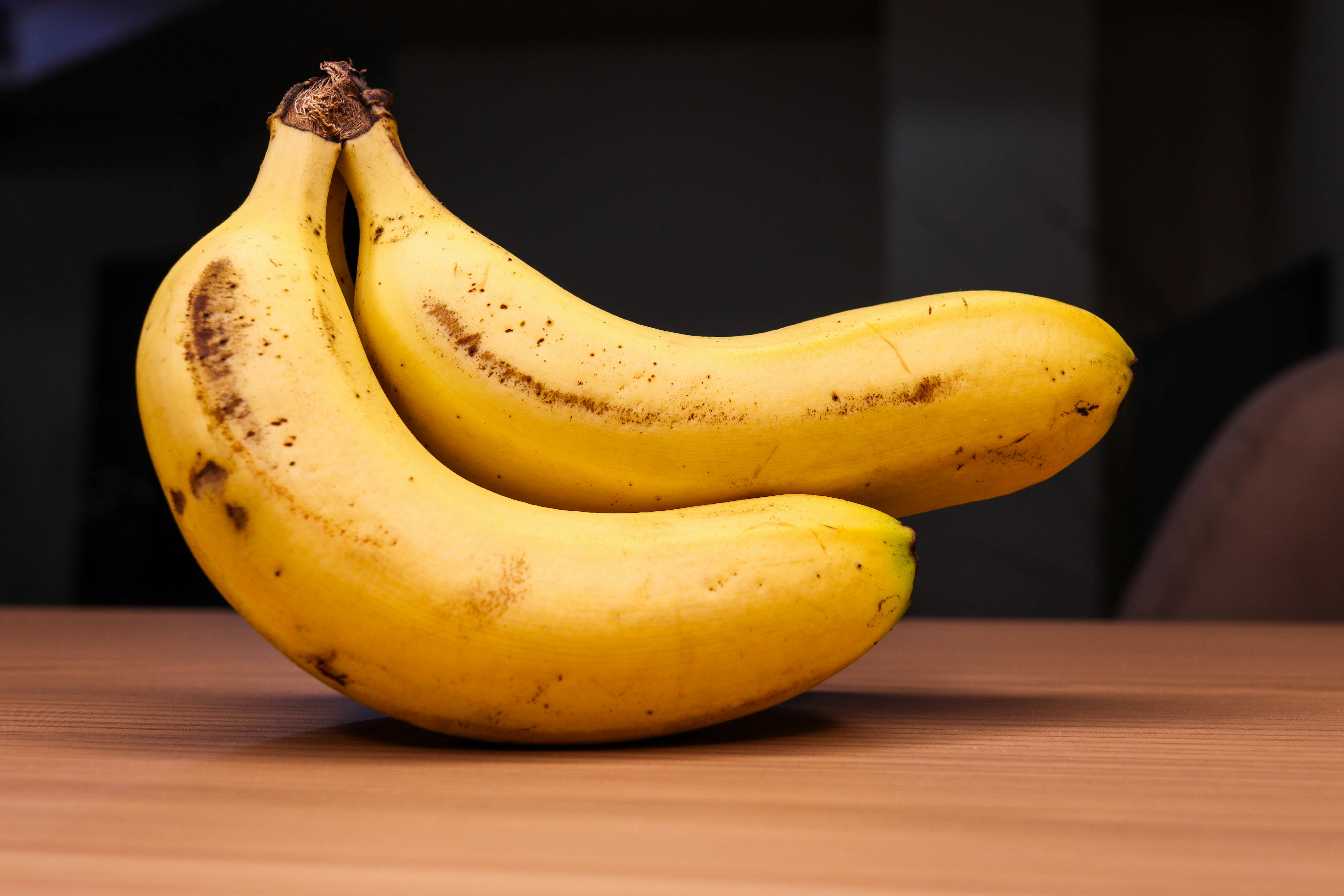
Why it helps: Bananas are a convenient source of potassium — an electrolyte that supports vascular tone and blood pressure regulation. Lower blood pressure generally improves perfusion to peripheral tissues, including penile tissue. Bananas also provide carbohydrates that are useful before exercise, which indirectly helps cardiovascular fitness over time.
Practical tip: Eat a banana as a pre-workout snack or with breakfast to stabilize energy and support electrolyte balance.
Quick recipe: Banana and oats bowl: ½ cup cooked oats, 1 mashed banana, a sprinkle of chia seeds, and a teaspoon of honey or nut butter.
2. Watermelon — citrulline, hydration and NO support
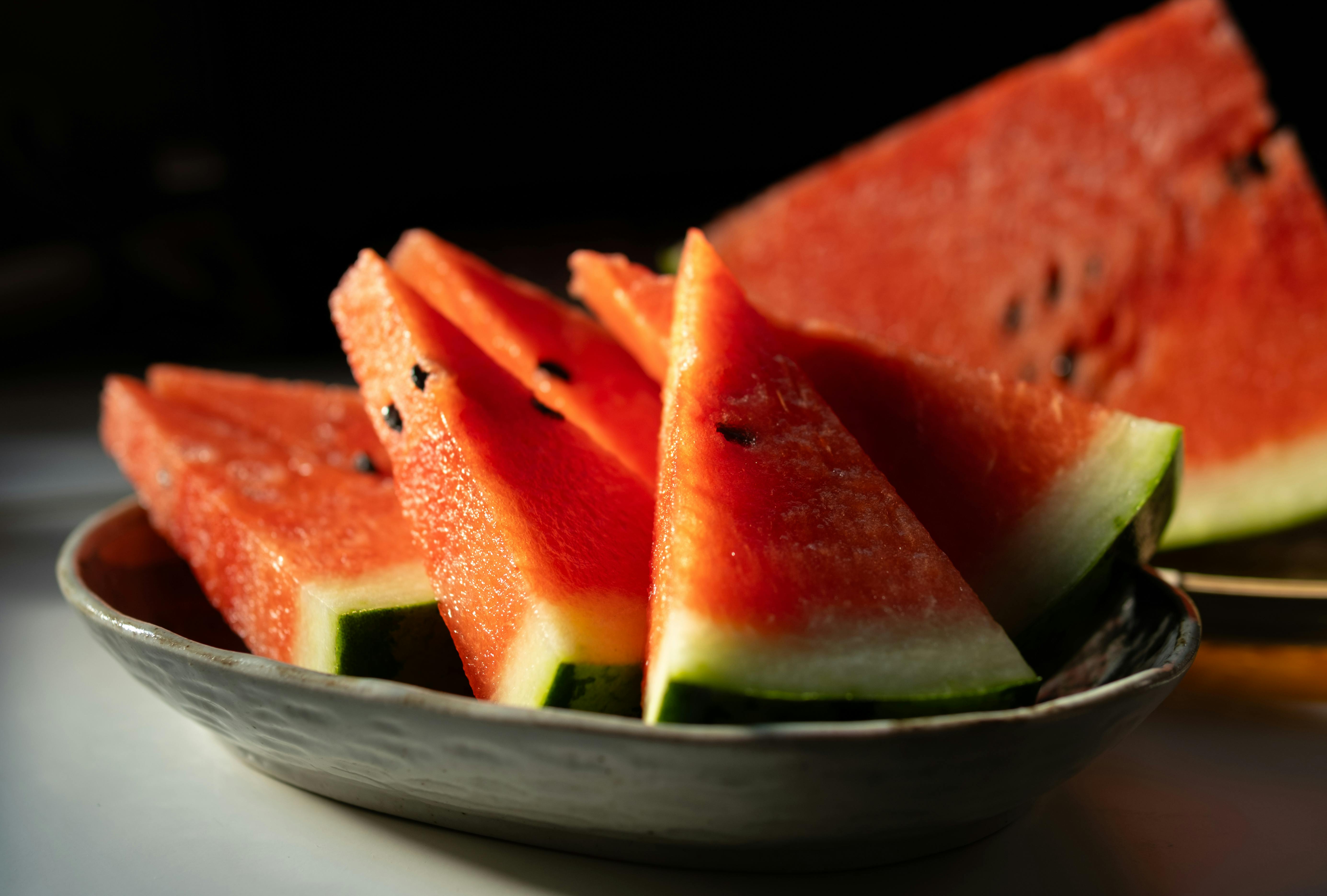
Why it helps: Watermelon is rich in the amino acid citrulline. The body converts citrulline into arginine, a precursor for nitric oxide. Increased arginine availability can boost NO production and improve vascular relaxation. Watermelon is also hydrating and supplies antioxidants.
Practical tip: Enjoy watermelon fresh; avoid sugary juices or blends with added sweeteners. If you're considering a concentrated effect, L-citrulline supplements exist — consult a clinician first.
Recipe: Watermelon & mint refresher: 2 cups watermelon cubes, ½ lime (juiced), handful of mint, blend lightly and strain if you prefer juice.
3. Pomegranate — polyphenols and endothelial support
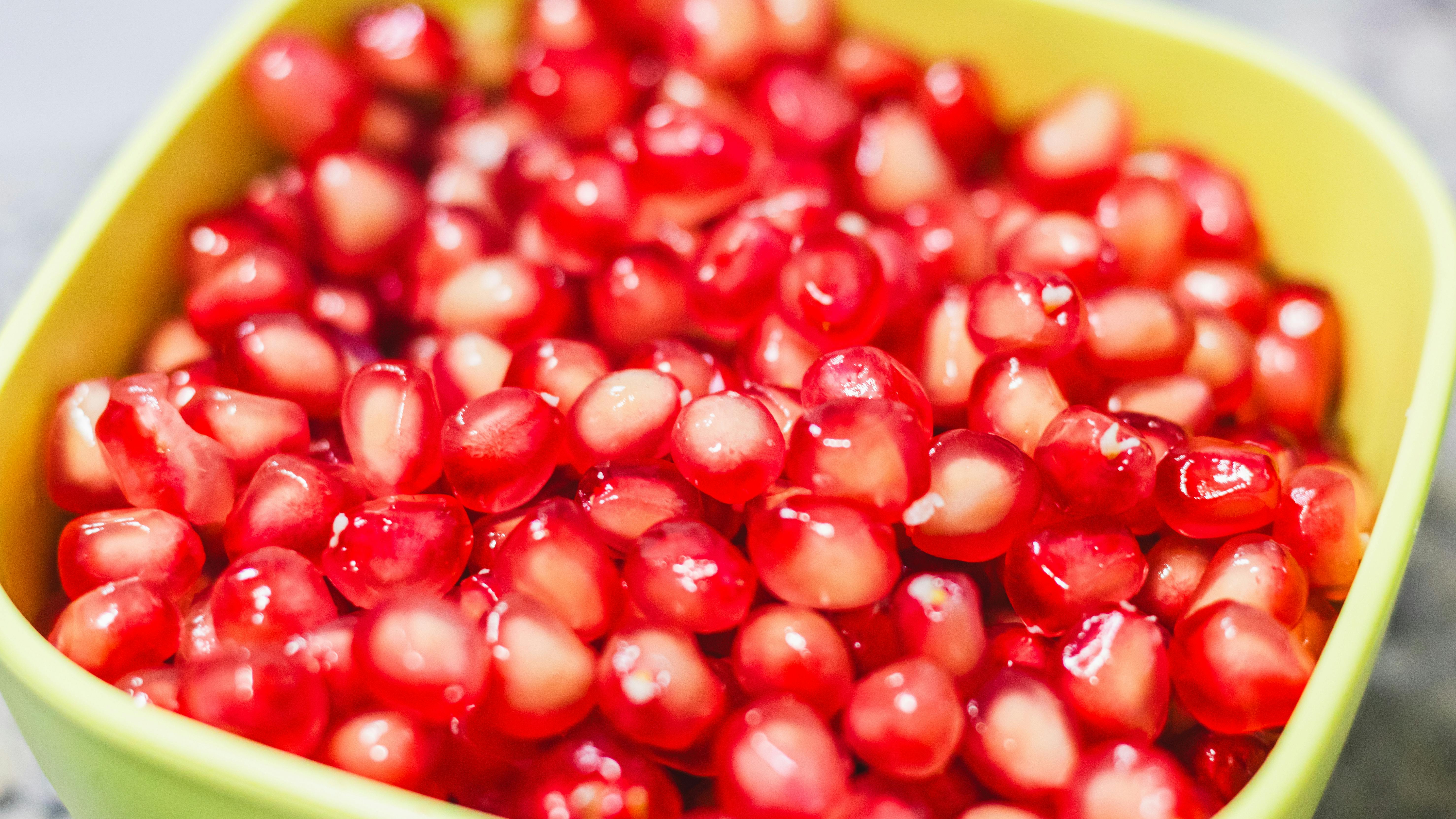
Why it helps: Pomegranate contains polyphenols and strong antioxidants. Small trials suggest pomegranate juice may improve some markers of erectile function and endothelial health. The proposed mechanisms include reducing oxidative stress (protecting NO) and improving blood vessel function.
Practical tip: Prefer 100% pomegranate juice without added sugars or simply sprinkle seeds over salads and breakfast bowls for a nutrient boost.
Recipe: Pomegranate breakfast bowl: Greek yogurt, ¼ cup pomegranate seeds, 2 tablespoons walnuts, and a drizzle of honey.
4. Avocado — monounsaturated fats for hormones & vessels
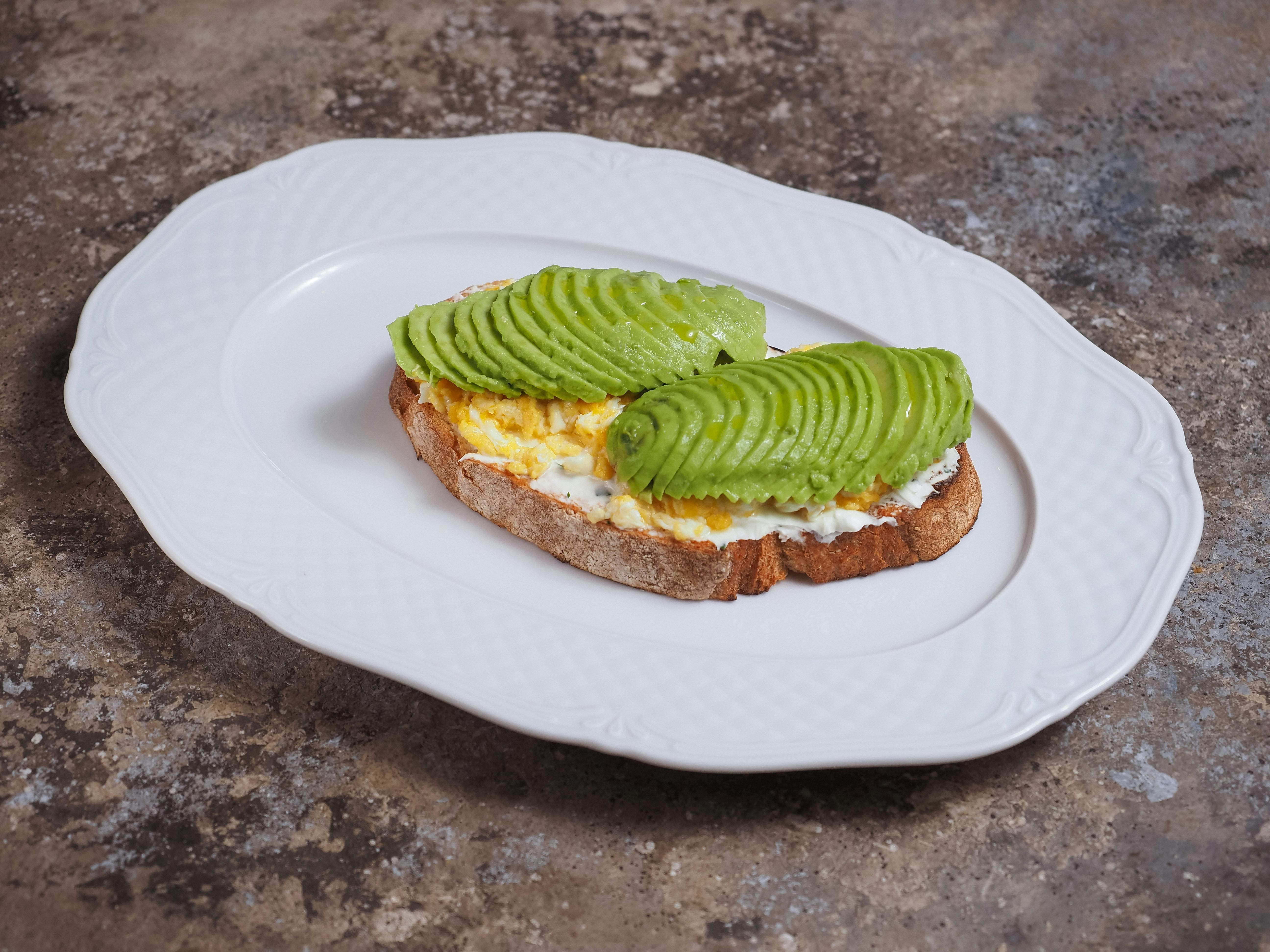
Why it helps: Avocados are rich in monounsaturated fats, fiber, potassium and micronutrients essential for hormone production and cardiovascular health. Healthy fats are building blocks for steroid hormones and support absorption of fat-soluble vitamins (A, D, E, K).
Practical tip: Add avocado to salads, smoothies, or toast for a satisfying source of healthy fat that supports long-term hormonal balance.
Recipe: Avocado & citrus salad: mixed greens, half an avocado sliced, orange segments, toasted seeds, simple olive oil and lemon dressing.
5. Strawberries — vitamin C and antioxidant protection
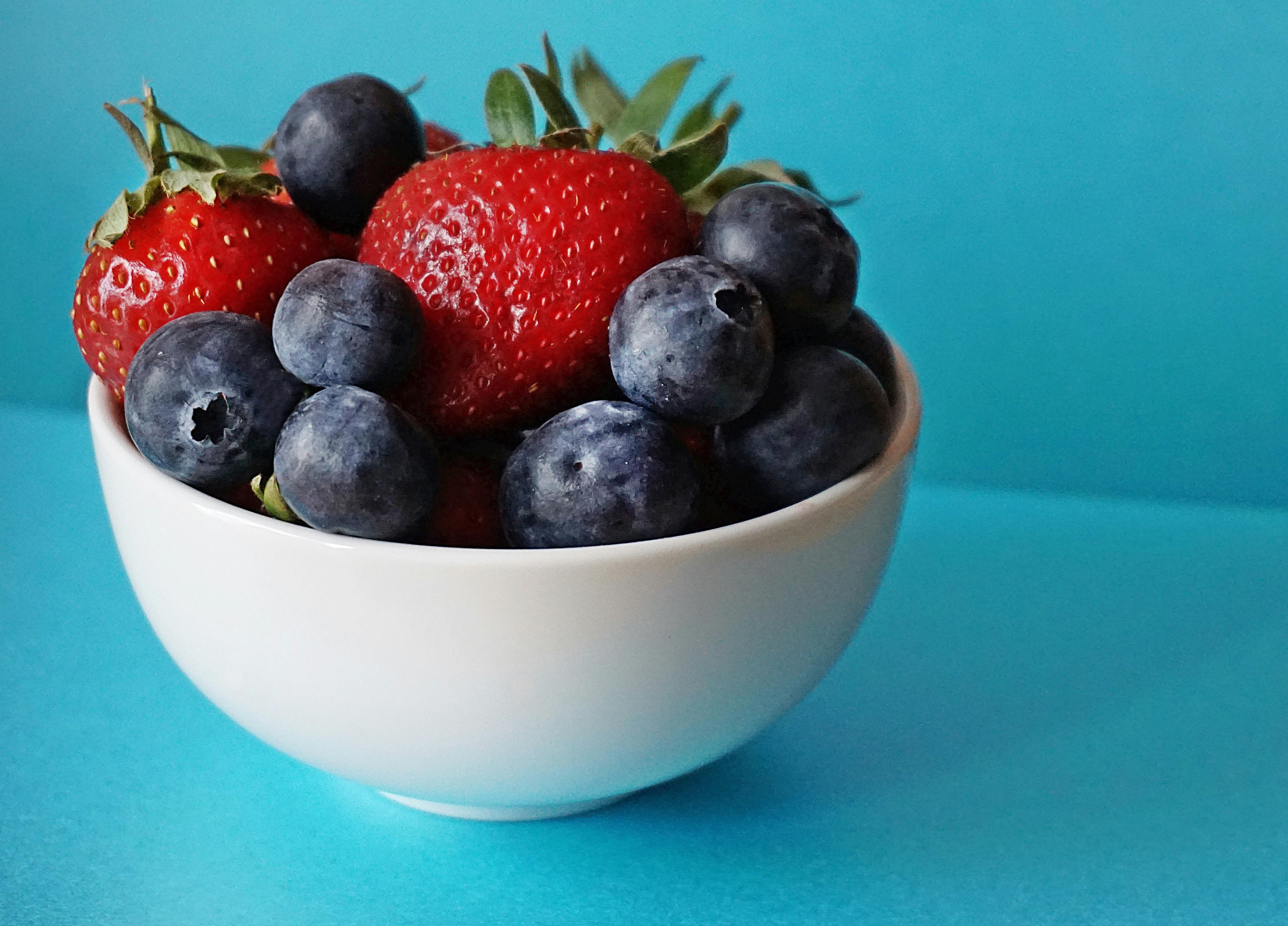
Why it helps: Strawberries are high in vitamin C and flavonoids that protect blood vessels from oxidative damage. Vitamin C can also help stabilize nitric oxide and promote endothelial function, which supports blood flow to erectile tissue.
Practical tip: Add to breakfast cereal, yogurt, or blend into smoothies with seeds and protein for a nutrient-rich start to your day.
Recipe: Berry protein smoothie: 1 cup strawberries, ½ banana, 1 scoop plain protein powder (optional), 1 cup milk or plant milk, a tablespoon flaxseed.
6. Oranges — vitamin C and nitrates synergy
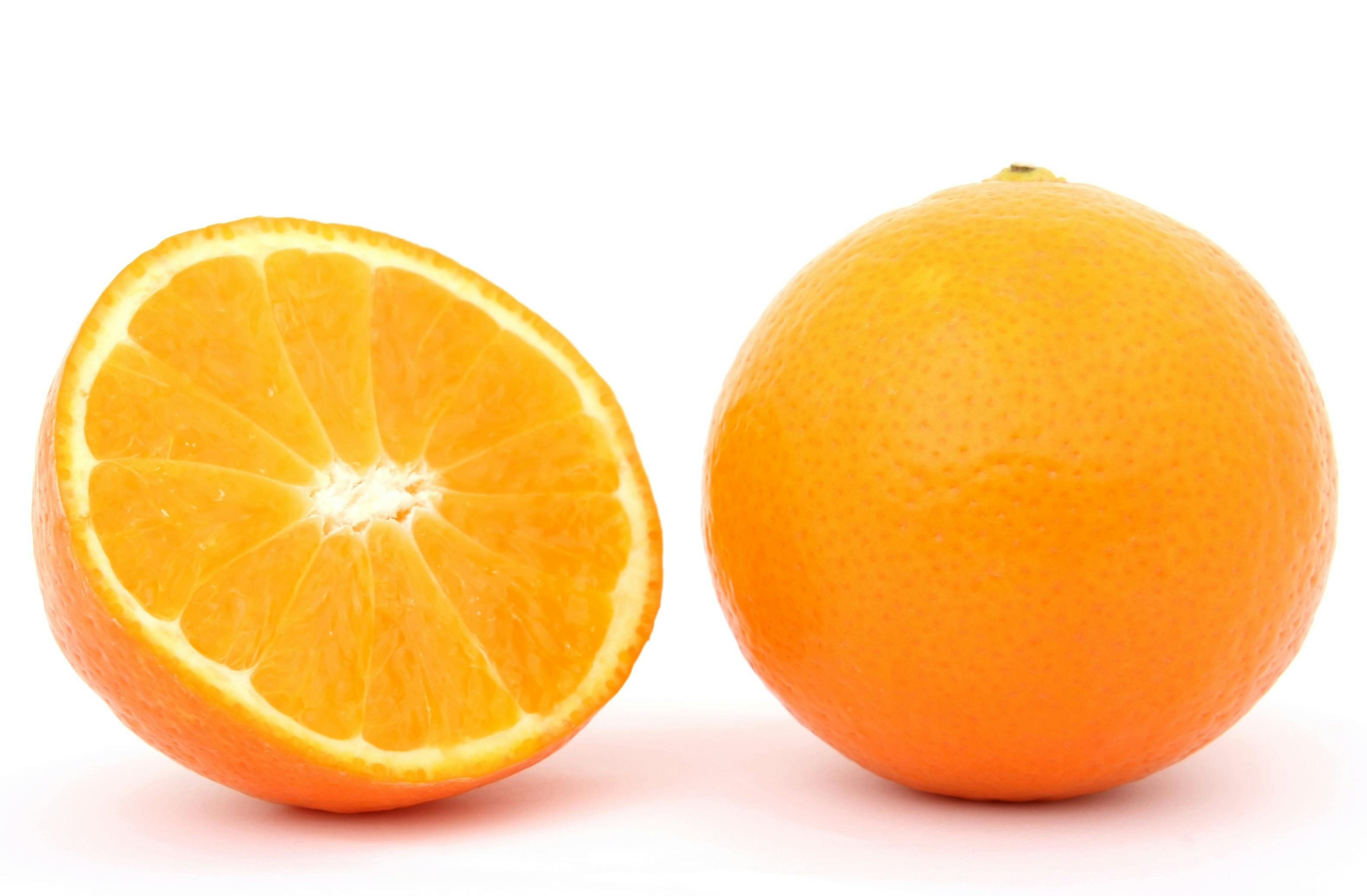
Why it helps: Oranges supply vitamin C, which supports nitric oxide availability and collagen synthesis for vascular integrity. Vitamin C reduces oxidative breakdown of NO and supports healthy blood vessels.
Practical tip: Freshly squeezed orange juice (small glass) or orange segments with breakfast can complement nitrate- or citrulline-rich foods.
Recipe: Citrus & fennel salad: sliced oranges, thinly sliced fennel, olive oil, black pepper and a handful of arugula — simple, fresh, and vitamin-rich.
7. Grapes — resveratrol and polyphenols
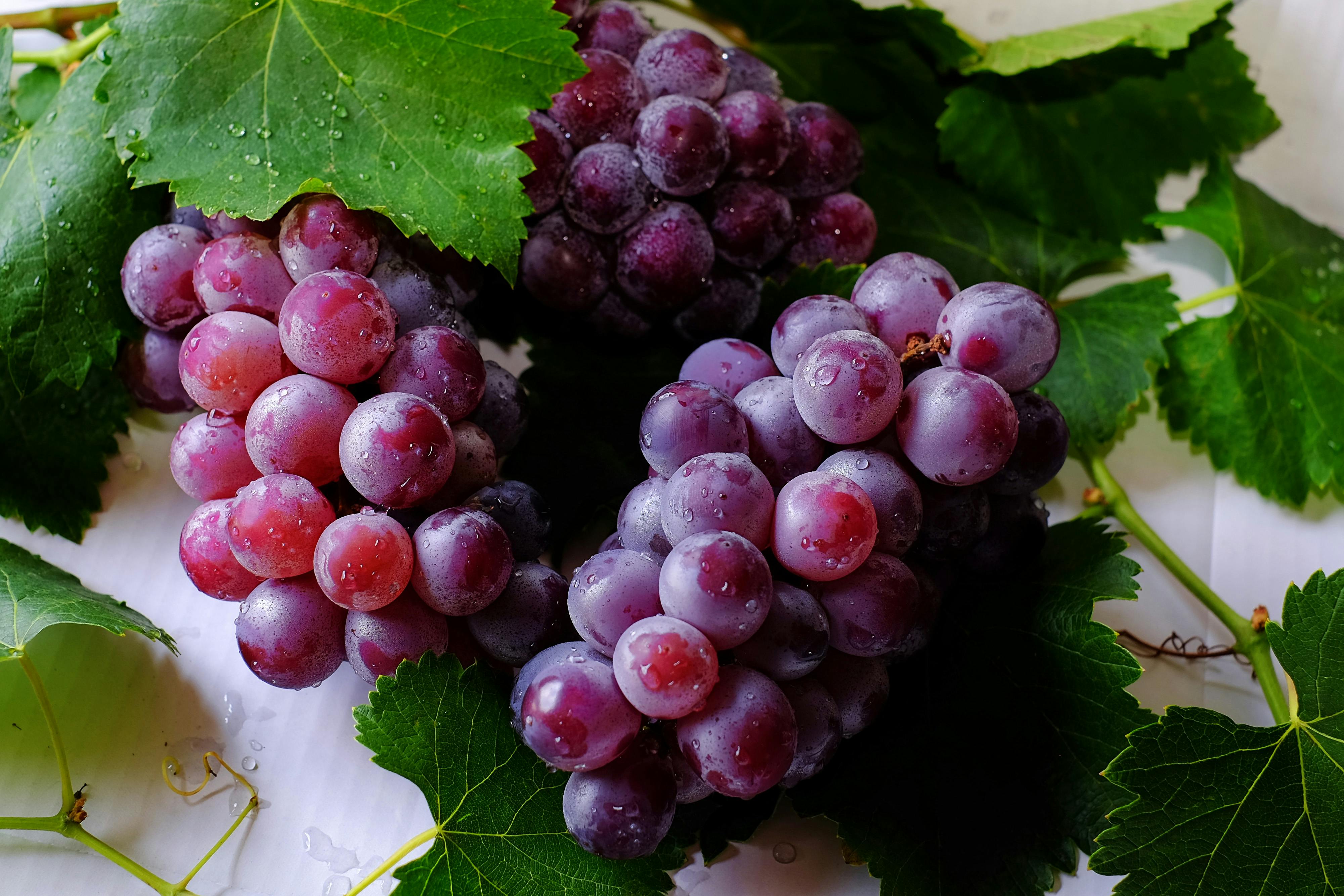
Why it helps: Grapes (especially red and purple varieties) contain resveratrol and a range of polyphenols that support endothelial function and reduce inflammation. Resveratrol has been studied for cardiovascular benefits and may improve nitric oxide bioavailability.
Practical tip: Snack on a handful of grapes, use them in salads, or freeze for a refreshing treat.
Recipe: Grapes & goat cheese salad: mixed greens, halved grapes, crumbled goat cheese, toasted walnuts, drizzle of balsamic — an easy anti-inflammatory plate.
Research & evidence — what the science says
Below is a concise, practical summary of the research behind the strongest claims. This is not exhaustive but highlights the most relevant findings.
Citrulline & watermelon
Clinical trials on L-citrulline show promise for improving markers of vascular function and exercise performance. Because citrulline increases arginine (the direct precursor to nitric oxide), it has a plausible biochemical pathway for improving erections. Whole watermelon supplies citrulline in food form, along with hydration and antioxidants.
Pomegranate
Small randomized trials and pilot studies have suggested pomegranate juice might improve erectile function in some men. The antioxidant polyphenols are thought to protect NO from oxidative breakdown and improve endothelial function. Trial sizes are typically small, results vary, and larger RCTs would strengthen certainty.
Dietary patterns matter more than single foods
Most robust evidence in sexual and cardiovascular health looks at overall dietary patterns (Mediterranean-style diets, high fruit-and-vegetable intake, reduced processed foods). These patterns consistently associate with better endothelial function, lower inflammation, and improved sexual health metrics in population and interventional studies.
What doesn't work
Bold marketing claims that a single food will permanently increase penile size are unsupported by clinical science. If it sounds too good to be true, it probably is. For structural changes, only surgical interventions produce permanent size alterations, and these come with risks and trade-offs.
A practical 4-week test plan (food + lifestyle)
The following 4-week plan is designed to be simple, evidence-informed and safe for most healthy adults. It combines the fruits above with lifestyle changes that support vascular health. If you have chronic conditions or take medications (especially nitrates or potassium-sparing drugs), check with your clinician before radical changes.
Goals for the 4 weeks
- Improve daily intake of fruits high in NO-supporting nutrients and antioxidants.
- Reduce processed sugar and excessive alcohol that impair circulation.
- Increase moderate exercise to improve endothelial function and cardiovascular fitness.
- Prioritize sleep and stress reduction, because both strongly influence sexual function.
Weekly structure (overview)
Each day includes: 1 fruit serving in the morning, one antioxidant-rich fruit serving mid-day, water, and 30 minutes of moderate activity (walk/jog/cycle).
Week 1 — Baseline & gentle changes
- Morning: banana or orange with wholegrain cereal or oats.
- Midday: small glass (120 ml) of pomegranate or a handful of strawberries.
- Evening: add a vegetable side and 1 serving of healthy fat (avocado/nuts).
- Activity: 20–30 minute brisk walk, 5 days this week.
- Note: Keep alcohol moderate (≤2 standard drinks) and stop heavy drinking on days before planned sexual activity.
Week 2 — Add targeted foods
- Morning: watermelon smoothie (see recipes) two times this week.
- Midday: rotate grapes and pomegranate seeds for antioxidant variety.
- Activity: aim for 30 minutes moderate exercise, 5 days (include 2 short high-intensity intervals if comfortable).
- Sleep: establish a consistent bedtime aiming for 7–8 hours.
Week 3 — Build consistency
- Increase vegetable servings, continue fruit rotation (avoid stacking sugary juices).
- Try a citrulline-rich meal (watermelon salad) before a workout.
- Include resistance exercises twice this week to support lean mass.
- Monitor progress: track sleep, energy, and any changes to erection firmness.
Week 4 — Assess & refine
- Keep the habits that felt sustainable: consistent fruit intake, exercise, sleep.
- Evaluate: did erections improve? Any side effects? If meaningful improvement is present, continue; if not, consult a clinician for evaluation and possible testing.
This plan is intentionally conservative, focusing on sustainable changes rather than short-term crash diets. Consistency is what moves biomarkers — and small steady gains in vascular health are what will improve erection quality.
Recipes & serving ideas — 8 practical combinations
1. Citrulline Smoothie
2 cups watermelon, ½ banana, a handful of spinach, ½ cup plain yogurt, ice. Blend and drink chilled. Watermelon provides citrulline and hydration; banana adds potassium and carbs for energy.
2. Pomegranate Breakfast Bowl
Greek yogurt, ¼ cup pomegranate seeds, a tablespoon of chopped walnuts, a drizzle of honey. Antioxidants + healthy fat = great start.
3. Avocado Citrus Toast
Wholegrain toast, mashed avocado, orange segments, cracked pepper. Combines healthy fats and vitamin C for endothelial support.
4. Berry Oat Power
Cooked oats topped with strawberries, chia seeds and a spoon of almond butter. Fiber, antioxidants and sustained energy.
5. Grape & Goat Cheese Salad
Mixed greens, halved grapes, crumbled goat cheese, toasted almonds, olive oil & balsamic. Balanced and anti-inflammatory.
6. Citrus Salsa on Grilled Fish
Chopped orange segments, red onion, cilantro, lime juice and a small jalapeño — spoon over grilled fish for vitamin C and a flavorful, healthy meal.
7. Frozen Grapes Snack
Freeze grapes for a refreshing polyphenol-rich treat — lower in sugar concentration by serving frozen and eaten slowly.
8. Pomegranate & Dark Chocolate Nibs
Pomegranate seeds mixed with a few dark chocolate nibs (70%+) — antioxidants and mood-suppo
Comments
Post a Comment
We love your feedback! Please share your thoughts below. All comments are moderated to ensure a positive and helpful community. Spam or inappropriate comments will be removed.